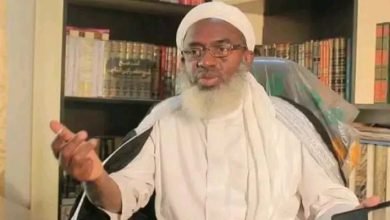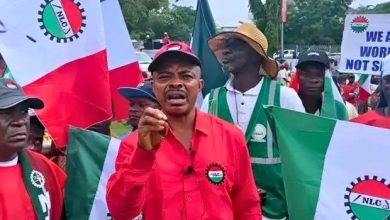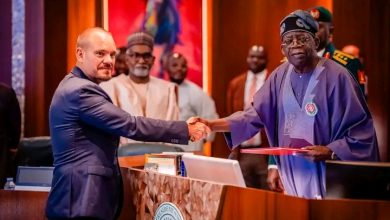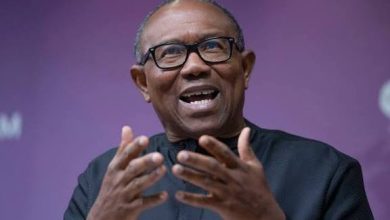Ijaw Group Petitions South African President Ramaphosa For Immediate Release Of Militant Leader Henry Okah
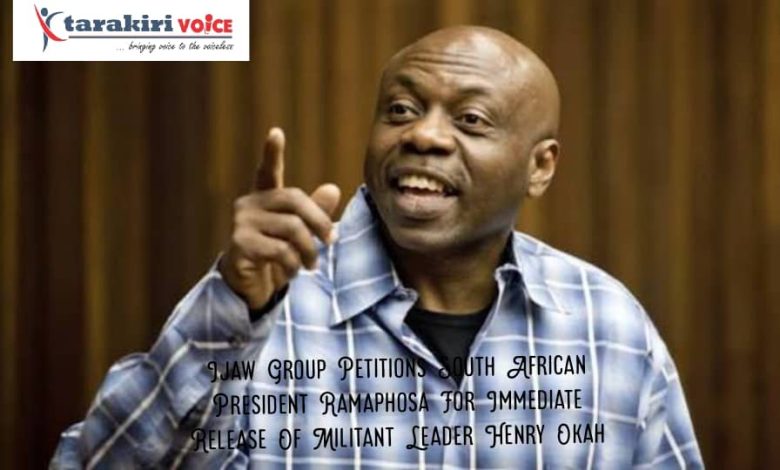
By Passman Akpos
Okah, who was a resident of South Africa prior to his imprisonment, is widely recognized as the leader of the armed group.
ANigerian organisation representing the Ijaw people, the predominant ethnic group in the oil-rich Niger Delta, has petitioned South African President Cyril Ramaphosa, calling for the immediate release of jailed militant leader Henry Okah.
Okah, 60, is serving a 24-year prison sentence for his role in two car bombings in Nigeria in 2010, attacks claimed by the Movement for the Emancipation of the Niger Delta (MEND), an armed group advocating for greater local control of the region’s oil resources and protesting environmental damage caused by oil production.
The Ijaw Nation Forum, which represents people of the ethnic nationality in Nigeria and the diaspora, in its petition calls for the “prompt, unconditional, and safe release of our son, Henry Okah, who has been unjustly incarcerated in South Africa since the 2nd of October 2010.”
Okah, who was a resident of South Africa prior to his imprisonment, is widely recognized as the leader of the armed group.
The petition is backed by traditional rulers, community leaders, and minority and environmental rights activists from the Niger Delta, including Alfred Diette-Spiff, the traditional ruler of Brass—home to one of Nigeria’s major oil export terminals and a former governor of Rivers State—and Felix Tuodolo, a former president of the Ijaw Youths Council, alongside other Ijaw nationals in Nigeria and abroad.
The Ijaw Nation Forum contends that Okah was wrongly arrested by South Africa’s Directorate of Priority Crimes, known as the Hawks, in 2010, which, they argue, resulted in a flawed trial.
It said, “That was an original error because it was the responsibility of the South African branch of Interpol to effect such an arrest as prescribed by section 15(6) of the Protection of Constitutional Democracy Against Terrorist and Related Bombings Act No. 33 of 2004 (POCDATARA).”
That is the law under which Okah was tried.
“The charges for which Mr. Okah is currently detained in a South African correctional facility pertain to events that unfolded due to social unrest and a protracted armed conflict, as defined by international humanitarian law, within Nigerian territory,” the group noted in the petition.
“It thus stands to reason that in the absence of any formal complaint from the Nigerian state, Mr Okah’s arrest, trial and unlawful imprisonment constitute a hostile and unwarranted intervention by South Africa in an armed conflict in Nigeria.”
“The armed conflict in the Niger Delta has at all times been a quest for self-determination, a manifestation of a people’s collective will to resist oppression, aggression and subjugation by a collaboration of the Nigerian state and Western multinational corporations extracting petroleum riches from our land,” the group said.
“It should be noted that the armed militant groups in the Niger Delta that have been loyal to Okah have fought for the cause of the Izon (Ijaw) Nation in particular and the entire populace of the region in general.”
Okah, a former South African resident, is recognized as the leader of the Niger Delta armed group.
The Ijaw Nation Forum said while it abhors violence against the Nigerian state, it recognizes that people like Okah have legitimate and compelling reasons for fighting for their people’s freedom. “Consequently, we shall no longer remain passive observers while an individual who has dedicated the greater part of his life to championing justice for his people continues to be subjected to an even graver injustice,” the group said. “We, therefore, call for Okah’s immediate release.”
The press statement was issued by the Ijaw Nation Forum, established in 1995 to promote dialogue and protect the interests of the Ijaw people and the Niger Delta region.
The petition was submitted to the South African Presidency on the Forum’s behalf by Kabowei Akamande, a US-based Ijaw activist.

